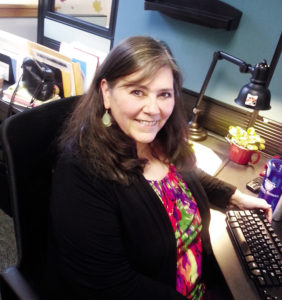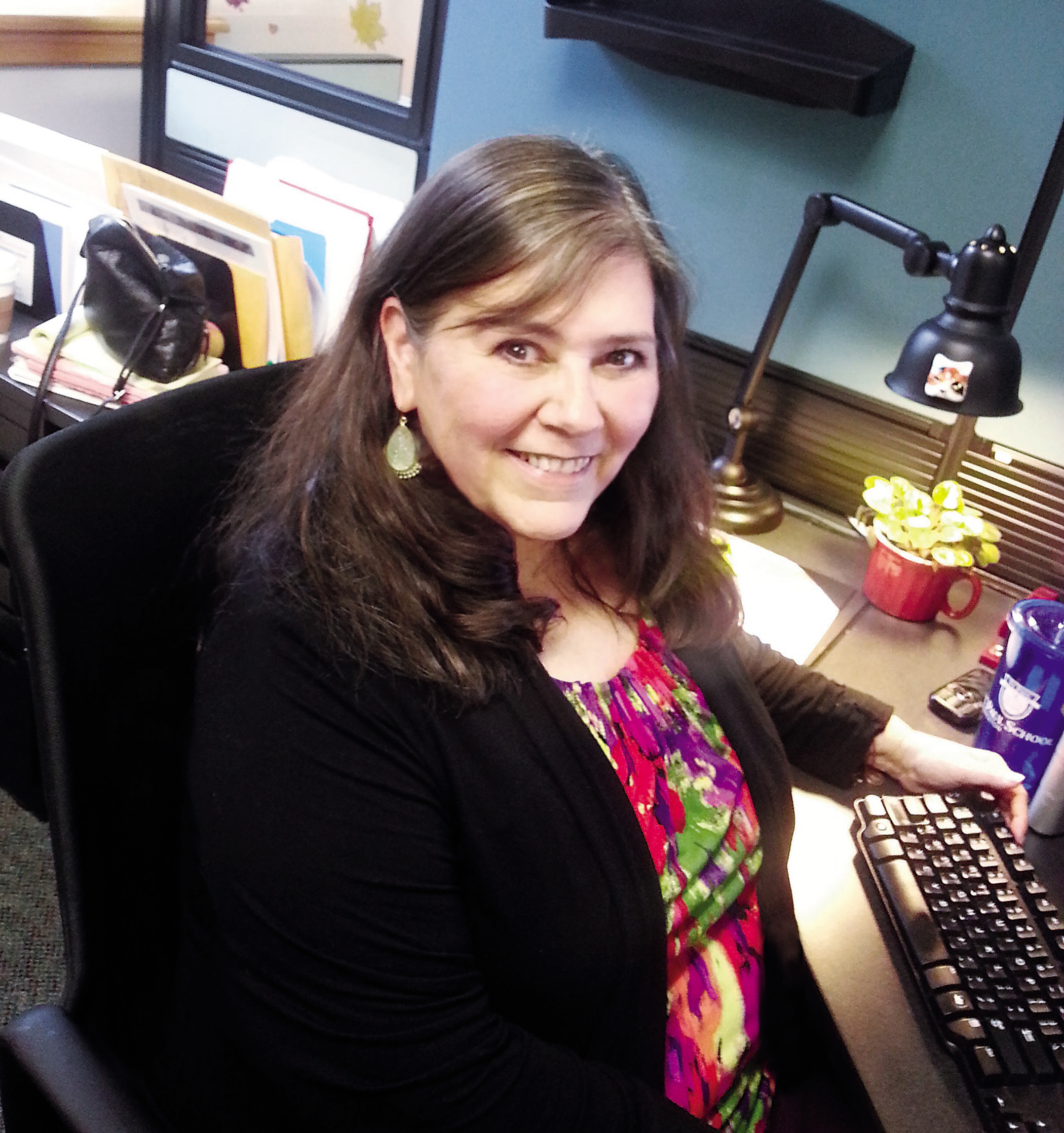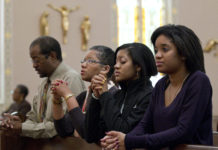[dropcap]O[/dropcap]n a Christmas morning, long ago, my son gave me a gift I had long desired — an Irish flute.
My head was filled with grand designs of mastering the instrument, which resembles my childhood recorder, but it has been more of a challenge than I expected. And you should see the size of the instruction book that came with it.

I have been studying “The Essential Guide to Irish Flute and Tin Whistle,” a few paragraphs at a time, inching my way through the notes and finger positions. Surprisingly, the book has proven to be more enlightening than I expected, most likely because it is written by a musician who has embraced the wit and wisdom of the Irish culture.
As I began reading the guide, I found myself stopping to reflect on the lesson and ended up thinking about my faith. In the first chapter the author writes, “As you embark upon the path of learning Irish music, you should realize that you are preparing to become a participant in a story that has been unfolding for centuries.”
He went on, “As you are learning your craft, it is inspiring to listen to the latest performers and their recordings. But it is even more important to seek out the older players who may not come into your view so readily. The soul of the tradition rests in them, the ones who have lived the music for 50, 60, 70 years. They may be highly accomplished or they may play roughly and slow, but they are the keepers of the deepest wisdom and eloquence that you can experience through the music.”
It was a “eureka” moment for me when I realized this was the perfect analogy for sharing and learning about our Catholic faith, and an insightful introduction for a talk I would be giving to seniors in a local parish.
“The Wisdom Keepers” stemmed from many conversations over the years with seniors who felt disconnected from their children and grandchildren, especially in matters of faith. Seniors don’t receive their due respect in a culture that glorifies youth, and it exacts a toll.
Couple that with the phenomenon of leisure villages, 55-plus townhouse communities, assisted living centers and nursing homes, and there exists a society that also isolates generations from each other. Where, in times past, intergenerational living served as a support and formation for the entire family, today, there is the increasing desire for independent living.
Researchers will point out the varied reasons for this change, citing the transformation of education, the economy, employment and changing values within the family. The result is that, whereas some 70 percent of persons age 65 or older lived with their adult children in the mid-19th century, fewer than 15 percent did so by the end of the 20th century.
The desire to live independently at any age is understandable, but our families, our society, and our Church, are suffering from the disconnect. Our children, and more so our grandchildren, will continue to become uprooted from their faith if there is no one to tell them the story of who they are, where they came from and where they should be going as Catholics.
That’s what wisdom keepers do better than anyone else; they tell the stories of life, of faith, of family; stories important not for all the right answers they hold but for the legacy of the “whys” they reveal.
Will elders hear, “We’ve heard that story before!”? Sure. Anyone who has shared a Thanksgiving table with extended family can tell you that. But wisdom keepers have already learned the insight of the flute teacher:
“A natural and effortless way to learn a tune is to simply hear it many times, over a long period of time. Without making a conscious effort to learn it, the tune seeps into you. One day you may find yourself lilting or humming it. By then, you know it.”
You who are the elders of the Church, you who have lived the music of the Catholic faith for 50, 60, 70 years, you are the people who must share your story with the younger generation so they may share the story with their children, keeping the music of faith and love alive and well in the American Church and in their homes, as well.





![[VIDEO] Make Sunday feel like Sunday again](https://www.catholicsun.org/wp-content/uploads/2021/04/2021-YOUTUBE-BISHOP-MESSAGE-THUMBNAIL-ENGLISH-218x150.png)

